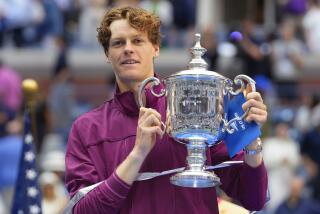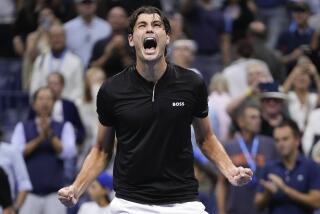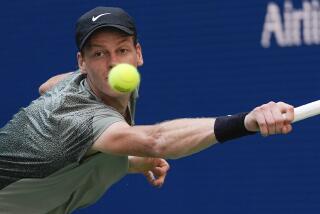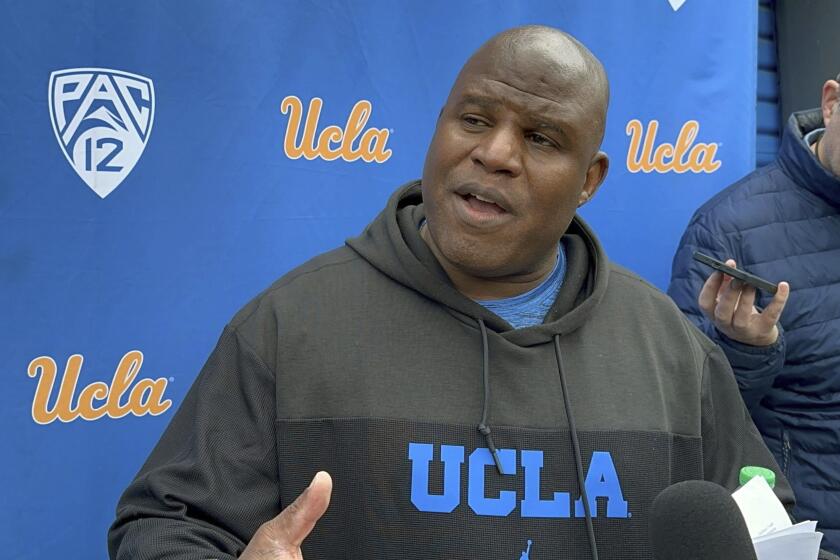Martin Kaymer keeps his cool and cruises to U.S. Open victory
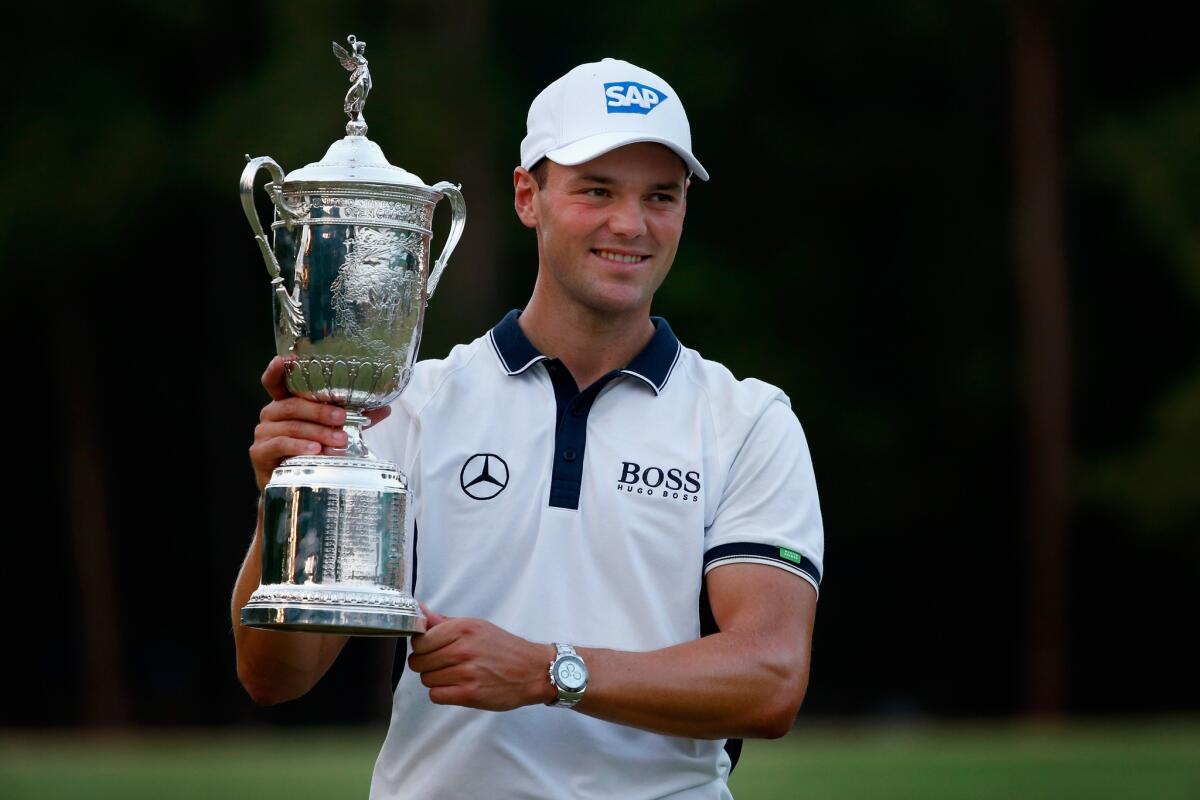
Martin Kaymer arrived at Pinehurst No. 2 on Sunday afternoon and ducked into the clubhouse with everything he could have asked for. Three days of masterful golf had given Kaymer a five-shot cushion in the U.S. Open and the needed confidence to close out his second major.
But Kaymer also knew what came with that.
The spotlight. The nerves. The pressure.
So he forecast for caddie Craig Connolly what they were in for.
“This round will be very, very difficult,” Kaymer warned. “Probably the toughest round we have ever played. It’s the expectations you have on yourself and those that other people have as well. It’s very difficult to go through that, playing on a different continent.”
Kaymer knew he would face an early stretch of holes that would quickly shape his round. He knew his brain would be more active than usual.
“The challenge today was not to think too much about the trophy,” he said, “not to think too much about sitting [after the round] and what you’re going to say, not to think too much about how you’re going to celebrate on 18. It goes through your head.”
Connolly, however, was never worried. He had felt Kaymer’s composure all week, seen his surgical approach around Pinehurst No. 2. So by the time the duo completed an efficient pre-round practice session, Connolly knew all was well.
The U.S. Open was not theirs to lose. It was theirs to win.
“He was in a good place,” Connolly said. “He told me he had a good night. It was a late night, but he ate well, slept well, woke up fresh and ready to go.”
The result: Kaymer’s lead never dipped below four strokes, and by day’s end his final-round 69 had produced an eight-shot runaway.
Kaymer’s four-day total of 271 was the second-lowest in U.S. Open history. His margin of victory ranks fourth.
His golf stroke was grooved and his mind-set proved unflappable.
“He’s one of the best,” Connolly said. “He’s very good at putting the past behind him and thinking forward.”
Not once did Kaymer make worse than bogey.
During a week in which only three players finished under par, the subplots to Kaymer’s dominance were fewer than normal. But the runner-up tie between friends Erik Compton and Rickie Fowler was a feel-good development, even if the United States Golf Assn. had only one second-place medal to give out at the post-round ceremony.
“We’re going to have a fish-off for it,” Compton insisted.
With Compton’s continuing perseverance through two heart transplants, his story grabbed the galleries most. They roared for an early push that took him as low as three under. And when the 34-year-old got up and down for par out of a bunker from 60 yards away on his final hole of an unforgettable week, the grandstand roar shook Compton to tears.
“On every hole,” he said, “from the tee box to the putting green, people were cheering for me. … It seemed like people really got around my story. And for me to be here and to do this at such a high level is just as good of a feeling as winning a golf tournament.”
Fowler had a terrific week as well. Yes, his hopes of at least putting some final-round heat on Kaymer diminished at No. 4, where things got messy around the green and he had to scramble to save double bogey.
But after a fifth-place finish at the Masters, a second-place finish at the U.S. Open felt pretty good, as did the calm Fowler felt playing in the final group at a major for the first time.
“It definitely helps for down the road,” Fowler said. “The way I handled myself and kept going through the process of each shot.”
Kaymer too believes his success will aid his charge, validation he didn’t need but will gladly take.
In 2010, he won his first major at the PGA Championship, and he reached No. 1 in the world early the next year. But he went more than three years before his next PGA Tour win — at the Players Championship last month. So he heard the doubters and criticism of him as a one-hit wonder.
“You want to win majors in your career,” he said Sunday. “But if you win more than one, it means so much more.”
More to Read
Go beyond the scoreboard
Get the latest on L.A.'s teams in the daily Sports Report newsletter.
You may occasionally receive promotional content from the Los Angeles Times.
